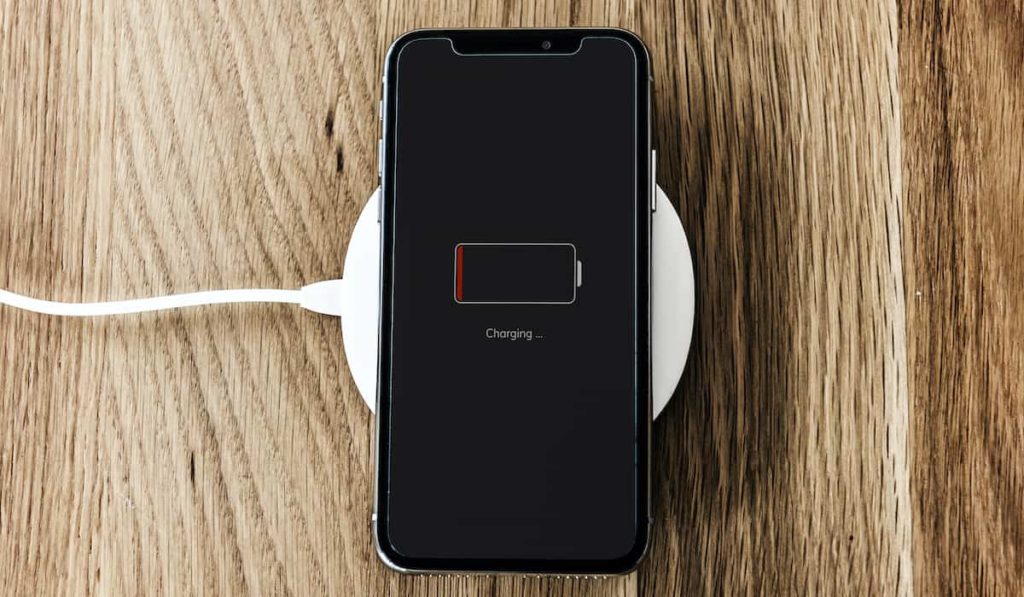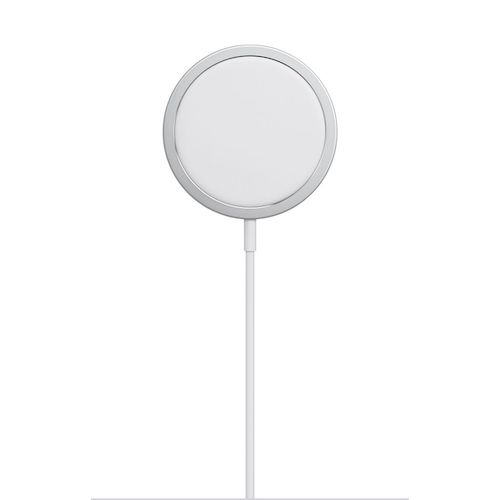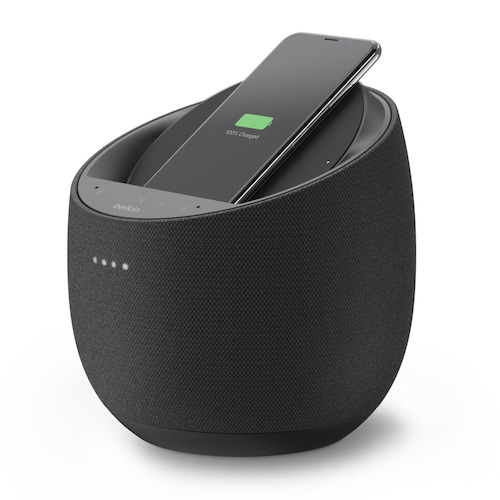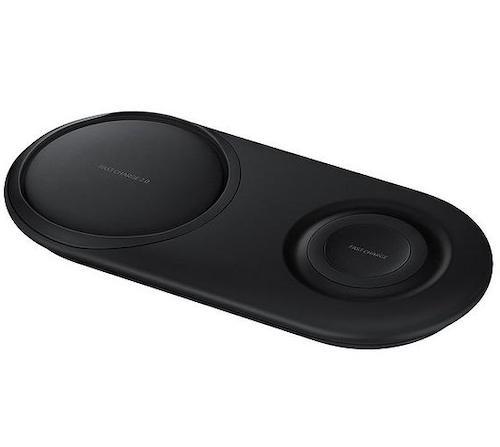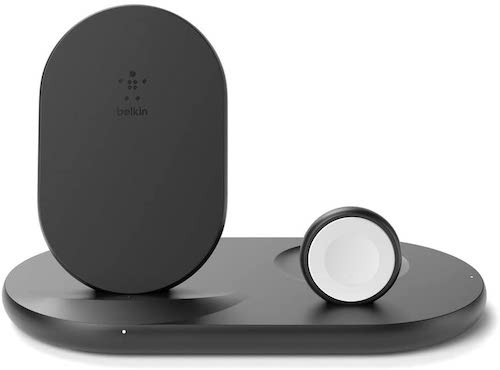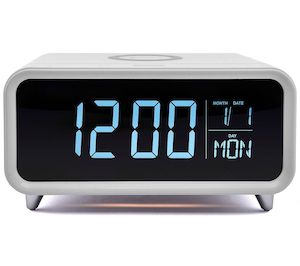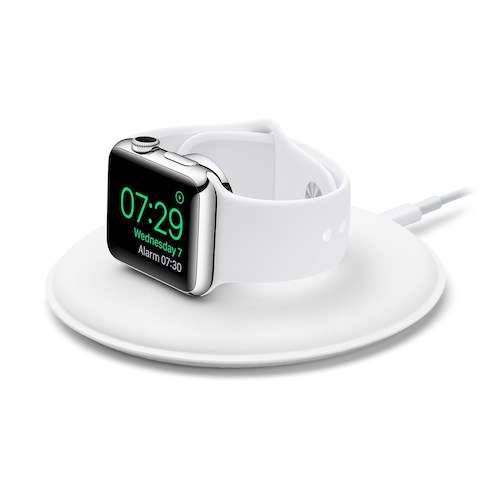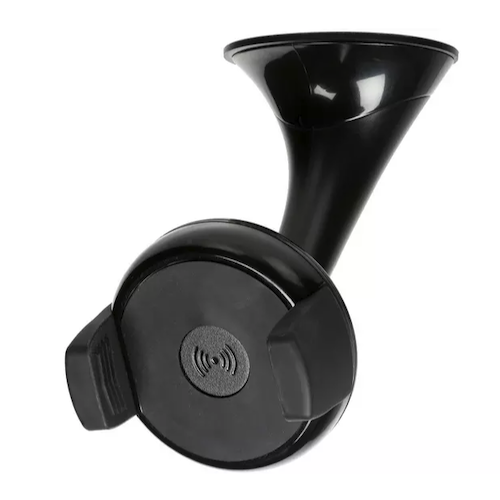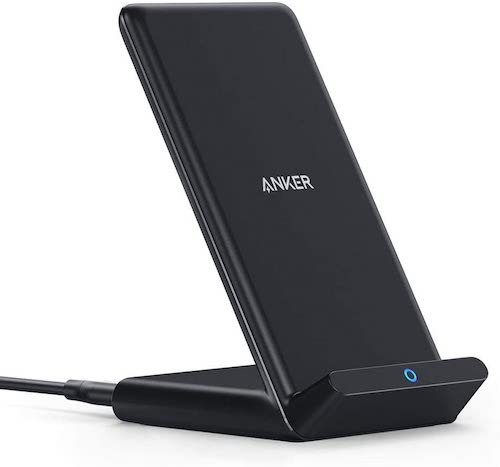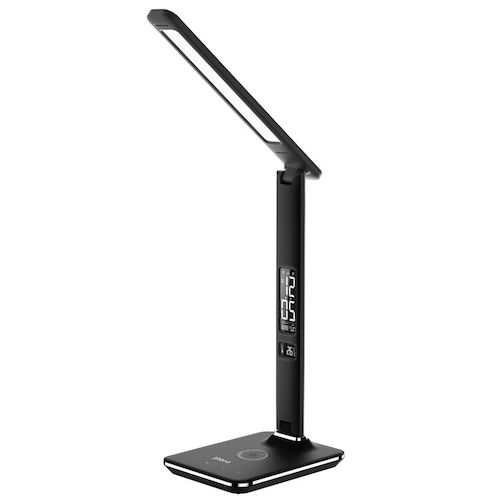As you would imagine with an Apple product, this charger is solely for Apple products. Phones which support wireless charging, as well as AirPods and the wireless AirPod charging case, can be fuelled up.
It is designed to magnetically align to the iPhone 12, too. With some charging bases, you need to match up the centre of the phone with the centre of the pad or else nothing happens. Not the MagSafe, though – the magnetism means you can even use the phone while it charges.
A little logo also appears on the home screen to indicate that it is charging. This is something you wouldn’t get with third-party chargers, so Apple has thought about the whole experience.
So, it is a product for anyone who just loves Apple and won’t stray to any other brand. It charges up phones and other items faster than an ordinary cable charger, and you don’t even have to struggle to position them correctly on the base. Just hover the phone near the pad and it will snap in connection.
The big downside is that it isn’t supplied with the plug, which needs a USB-C connection. The cable is also a little short at 1m. But the pad is small and unobtrusive and doesn’t heat up at all when being used, as a plus.


